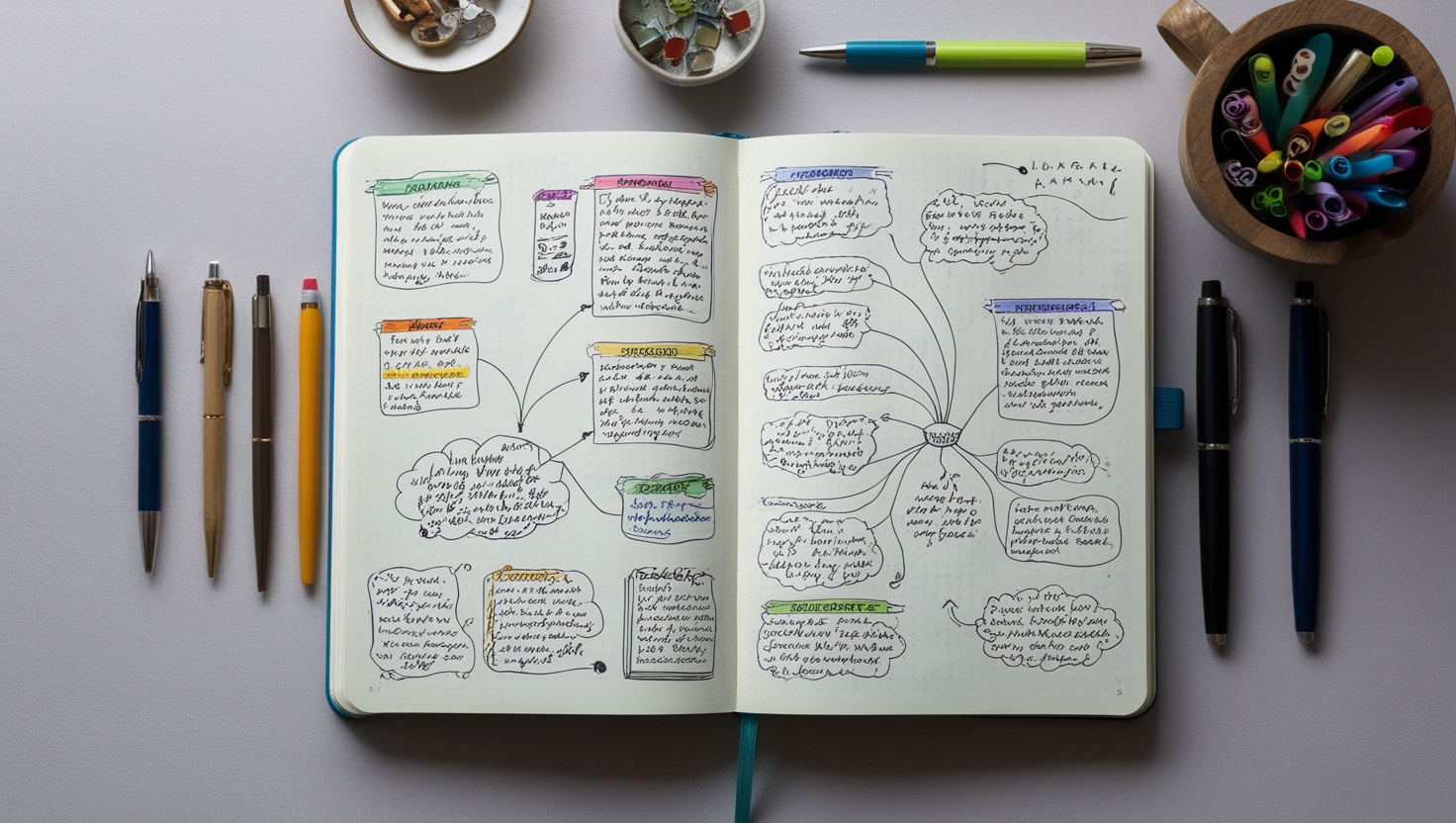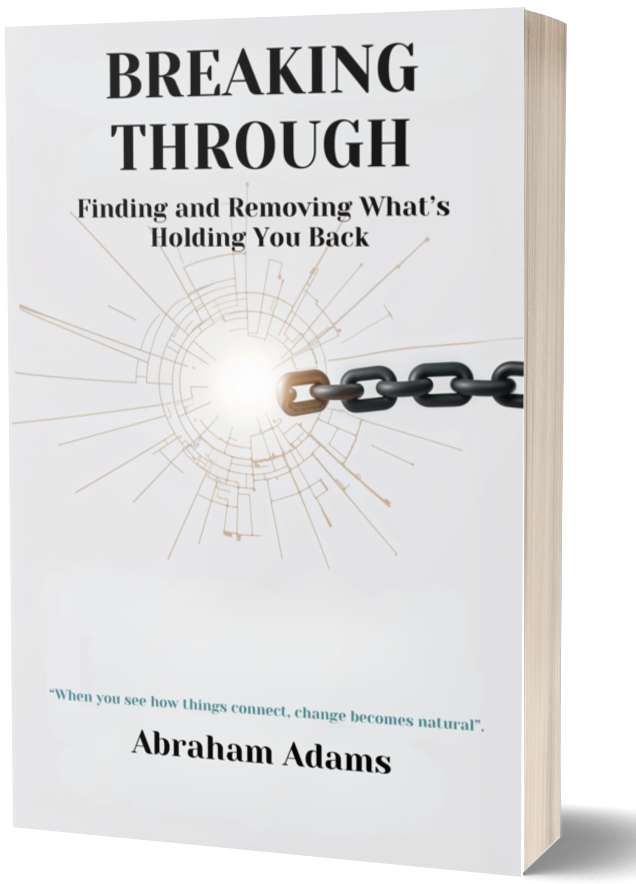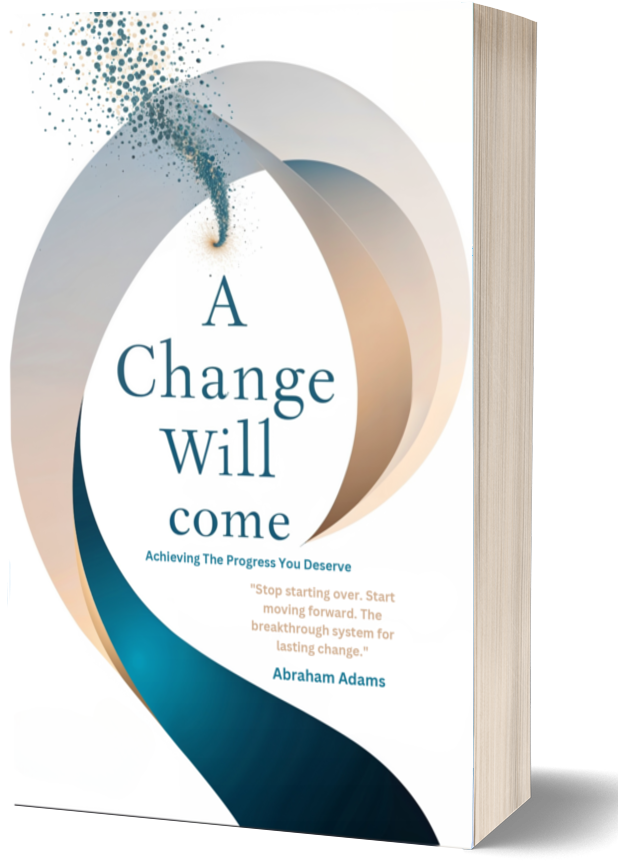Article 2: The Science of Sticking - How Long Habits Actually Take to Form and Why Most People Get It Wrong
If you've ever tried to build a new habit, you've probably heard that it takes 21 days. This number gets thrown around so often that it feels like scientific fact. But here's the truth: the 21-day rule isn't just wrong—it's dangerously misleading, and it's probably sabotaging your efforts to change.
The Myth That's Keeping You Stuck
The 21-day habit formation idea came from a plastic surgeon named Maxwell Maltz in the 1960s. He noticed that patients took about 21 days to adjust to their new appearance after surgery. Somehow, this observation about psychological adjustment got twisted into a rule about habit formation.
But when researchers at University College London actually studied habit formation, they discovered something very different. They tracked 96 people over 254 days, monitoring how long it took for behaviors to become automatic. The results were eye-opening.
The Real Numbers: On average, it took 66 days for a new behavior to become automatic. But here's the crucial part—the range was enormous, from 18 days for simple habits like drinking a glass of water, up to 254 days for more complex behaviors like daily exercise.
Why This Changes Everything
Understanding the real timeline of habit formation changes how you approach personal change. When you expect a habit to stick in 21 days and it doesn't, you assume you've failed. You give up. You tell yourself you don't have enough willpower or discipline.
But the truth is, you might have been right on track. You just quit too early.
Think about it: if you're trying to establish a daily exercise routine and you quit after three weeks because it still feels difficult, you might have given up when you were only one-third of the way to making it automatic.
The Habit Formation Curve
Habit formation doesn't happen in a straight line. It follows a curve that looks like this:
Days 1-20: Maximum effort required. The behavior feels foreign and requires constant conscious decision-making. This is where most people give up.
Days 21-50: Still requires effort, but occasional glimpses of automaticity appear. Some days feel easier than others.
Days 51-90: The behavior starts feeling more natural. Missing a day feels uncomfortable rather than relieving.
Day 90+: True automaticity. The behavior happens with minimal conscious effort. Not doing it feels wrong.
Reframe Your Expectations: Instead of expecting habits to stick in 21 days, plan for at least 66 days, and be prepared for some habits to take up to 6 months. This isn't failure—it's normal.
The Factors That Speed Up or Slow Down Habit Formation
Not all habits are created equal. Several factors determine how quickly a behavior becomes automatic:
Complexity: Simple behaviors like taking a vitamin become habits faster than complex ones like meditating for 20 minutes.
Frequency: Daily behaviors become automatic faster than weekly ones. Your brain needs repetition to build strong neural pathways.
Consistency: Doing something every day for 30 days is more effective than doing it sporadically for 60 days.
Context: Habits that are tied to existing routines or specific locations form faster than those attempted in varying circumstances.
Motivation: The stronger your emotional connection to the behavior, the faster it becomes automatic.
The Plateau Effect
Here's something the research revealed that nobody talks about: habit formation isn't smooth. There are plateaus where it feels like no progress is happening, followed by sudden jumps in automaticity.
This means you might feel like a habit isn't sticking for weeks, then suddenly realize you've been doing it without thinking. Understanding this prevents you from giving up during the plateau periods.
The Golden Rule: Missing one day won't break a forming habit, but missing two days in a row significantly slows the process. If you miss one day, make getting back on track the next day your absolute priority.
The Compound Effect of Patience
When you understand that real habit formation takes 2-6 months, something interesting happens: you stop looking for immediate results and start building systems for long-term success.
This shift in perspective is liberating. Instead of beating yourself up for not being "disciplined enough" after three weeks, you recognize that you're in the normal process of rewiring your brain.
People who successfully build lasting habits aren't more disciplined—they're more patient with the process and more strategic about setting themselves up for success during the formation period.
Designing Your Environment for Success
Since habit formation takes months, not weeks, your environment becomes crucial. You need to design your surroundings to support the behavior during the entire formation period, not just the first few enthusiastic days.
If you're building a reading habit, don't just put a book on your nightstand for a week. Create a permanent reading space with good lighting, remove distractions, and have backup books ready. You're designing for months of repetition, not days.
The 90-Day Commitment: Choose one habit you want to build and commit to doing it for 90 days, regardless of how you feel about it. Track your progress daily, but don't judge your success until day 90. This gives your brain enough time to make the behavior truly automatic.
Why Understanding This Science Gives You Power
Knowledge of the real timeline of habit formation is like having a accurate map instead of a misleading one. You know where you are in the process, you can plan for the difficult periods, and you won't abandon the journey when you hit inevitable obstacles.
Most importantly, you'll stop blaming yourself for being "weak" when habits don't stick immediately. Instead, you'll recognize that building automatic behaviors is a skill that requires time, patience, and the right strategies.
In our next article, we'll explore the most powerful technique for building new habits: habit stacking. You'll learn how to use your existing automatic behaviors as anchors for new ones, making the formation process faster and more reliable.
- Audio Articles
- Audio Articles 1
- Audio Articles 2
- Audio Articles 3
- Audio Articles 4
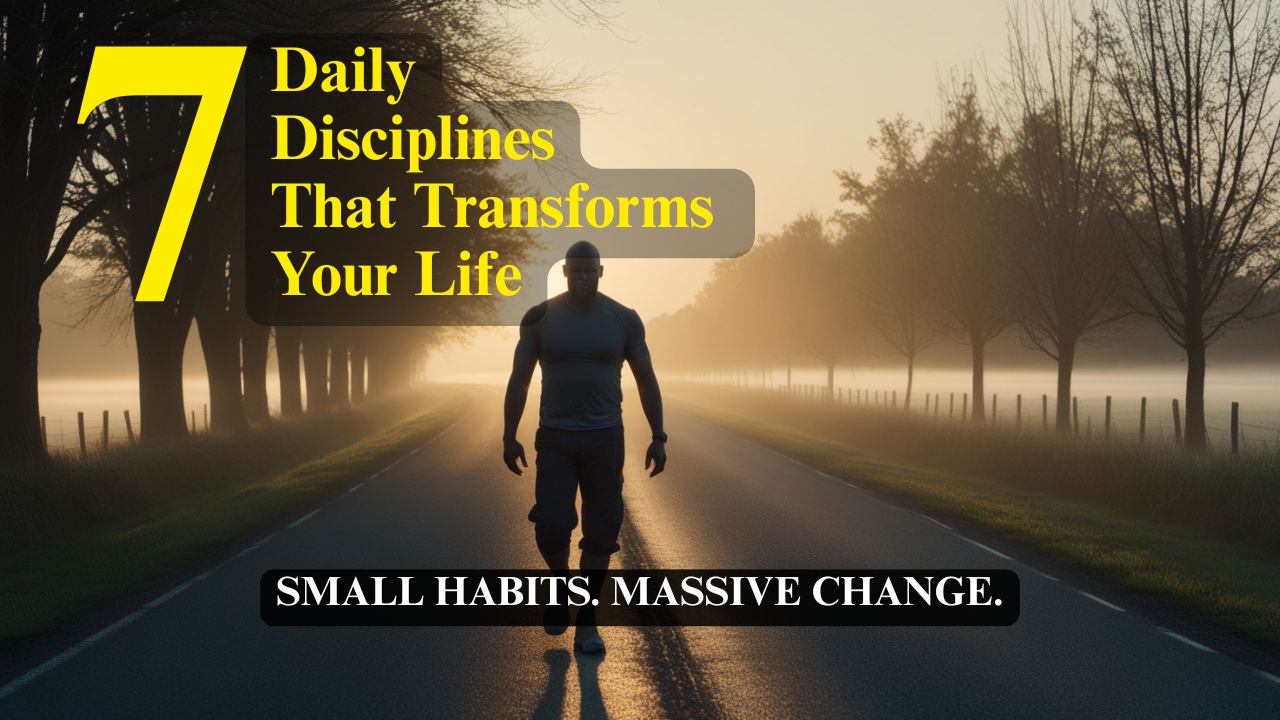
7 Daily Disciplines That Transform Your Life
The power to act with intention, to align your actions with your values, and to move steadily toward a life of purpose—even on days you don't feel like it.
Read Full Article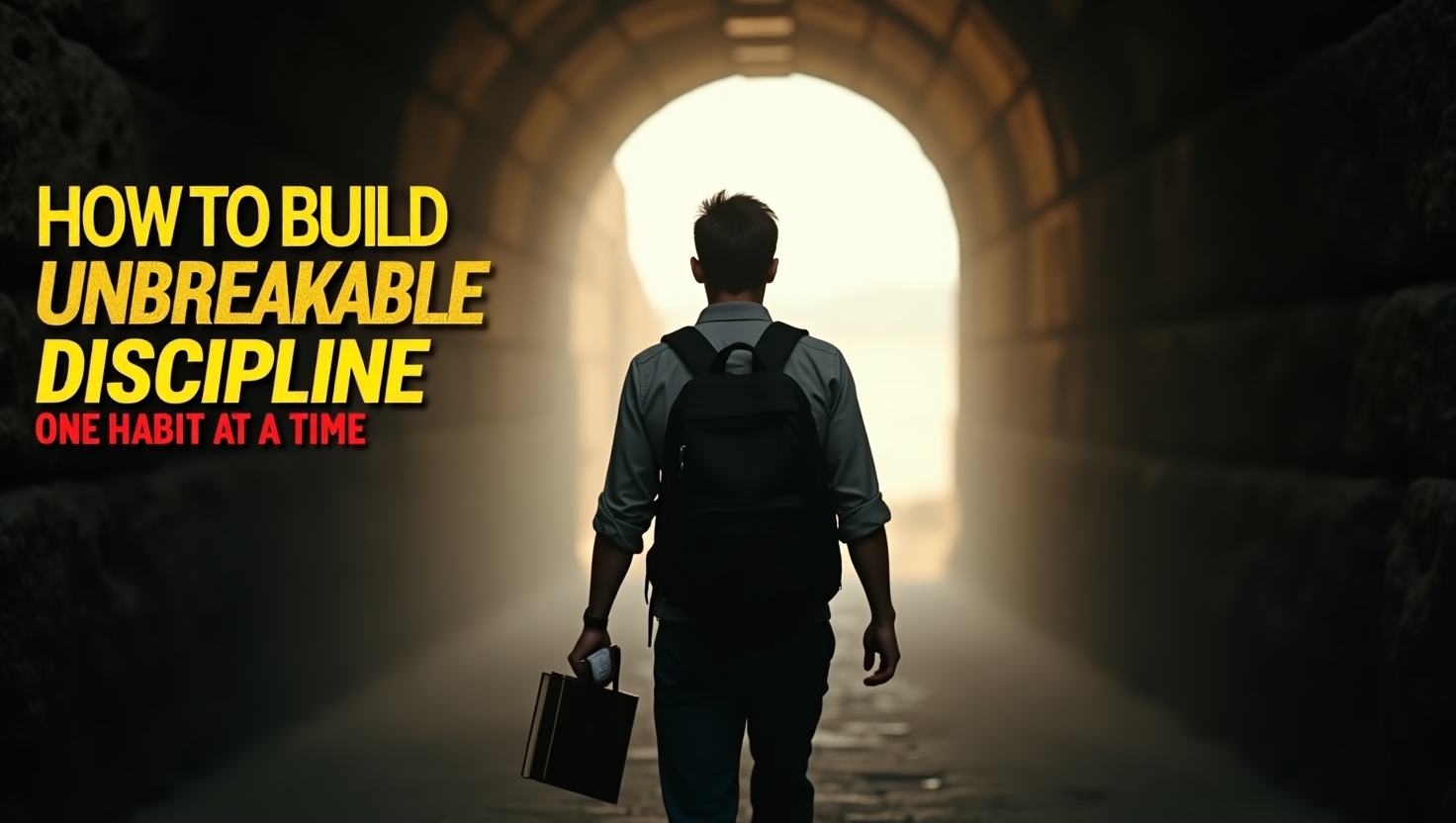
How to Build Unbreakable Discipline
Discipline is built—habit by habit, choice by choice, day by day. And the most powerful kind? The kind that doesn’t crack under pressure. The kind that becomes part of who you are.
Read Full Article
Why Motivation Fails And Discipline Wins Every Time
We all love the feeling of motivation—that surge of energy, that rush of inspiration that makes everything seem possible. But here’s the problem: motivation is unreliable. It’s emotional. It comes and goes. And if your goals rely on you “feeling like it,” you’re already in trouble.
Read Full Article
Discipline Over Desire
Desire is loud. It burns bright, talks fast, and loves to dream. But desire alone doesn't achieve much. Every person has desires. Very few have the discipline to bring them to life.
Read Full Article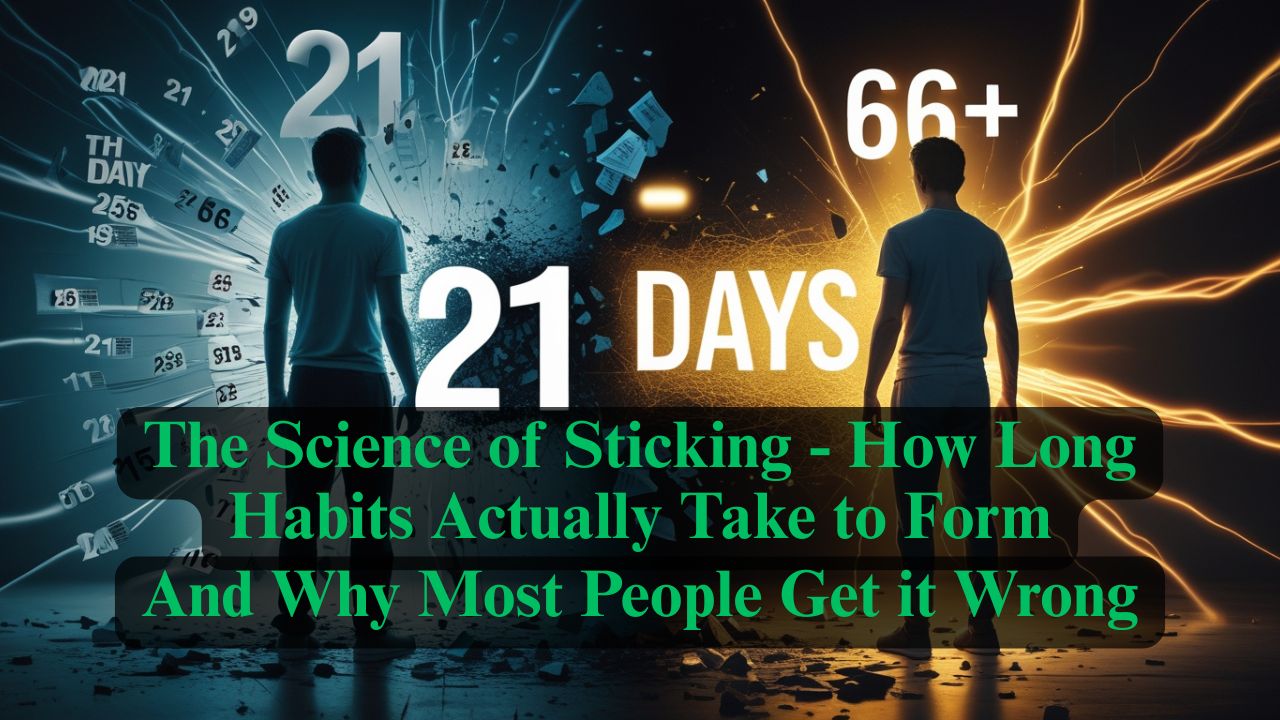
The Science of Sticking
If you've ever tried to build a new habit, you've probably heard that it takes 21 days. This number gets thrown around so often that it feels like scientific fact.
Read Full Article
The Stacking Strategy
What if I told you that the habits you already have—even the ones you consider "bad"—could become the secret weapons for building the habits you want?
Read Full Article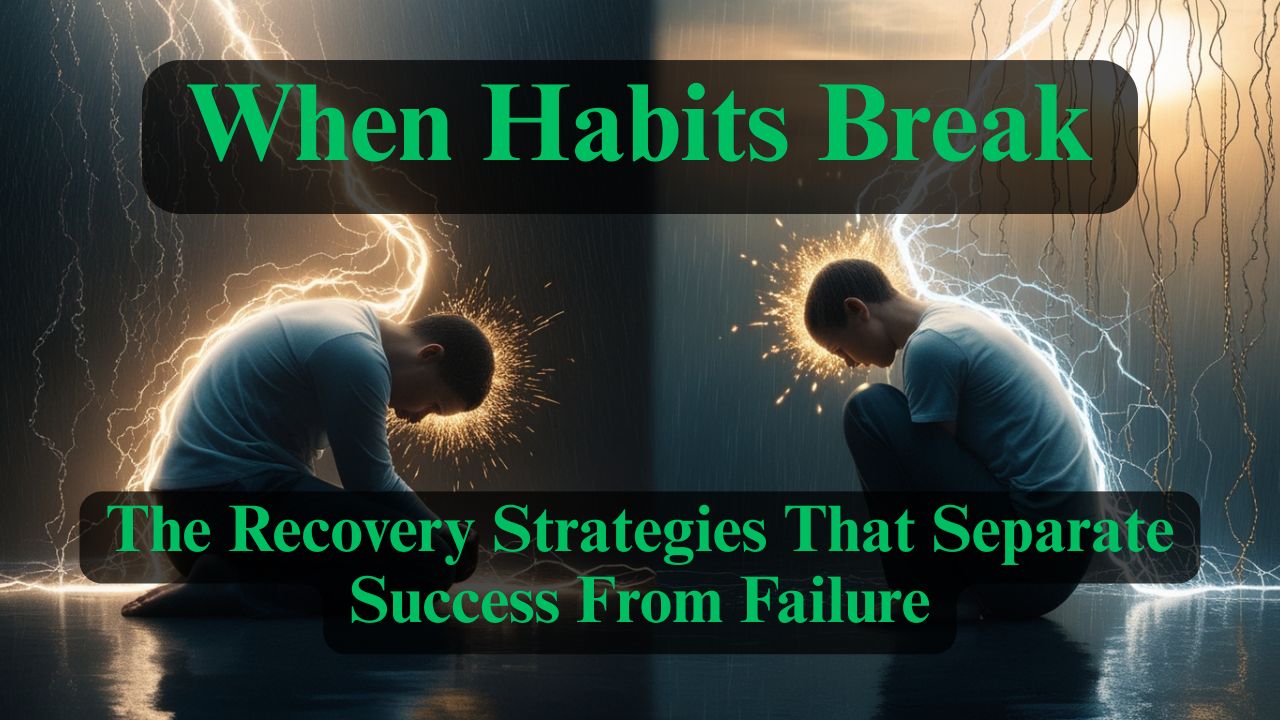
When Habits Fail - The Recovery Strategies That Separate Success From Failure
Here's what nobody tells you about building habits: you will fail. You'll miss days. You'll fall off track. You'll have weeks where everything falls apart.
Read Full Article
The Ultimate System - Designing a Life Where Good Habits Are Inevitable
You've learned to recognize habits, understand their formation timeline, stack them strategically, and recover from setbacks.
Read Full Article
